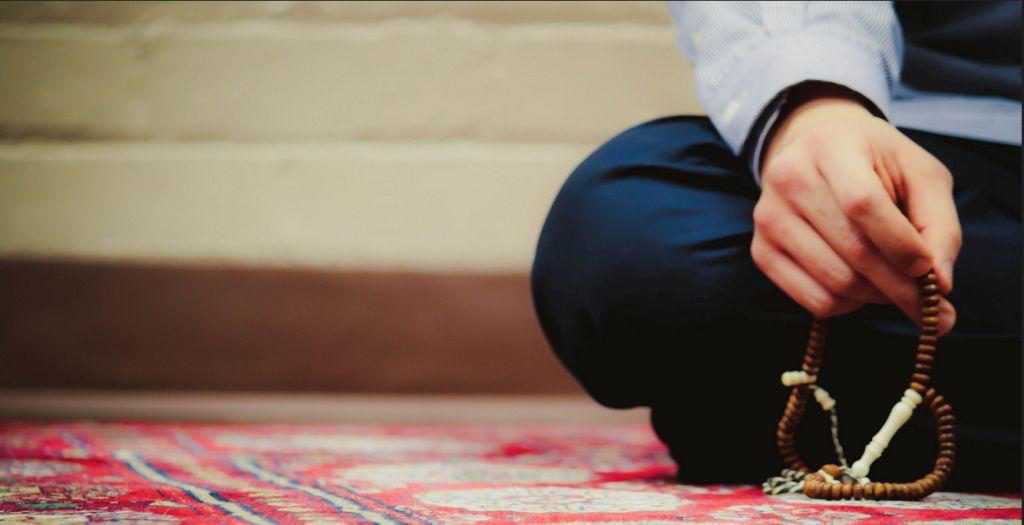This is the month to realise the state of our hearts. Are we yearning for Jannah or content with the life of this world. Are we restless and simply cannot wait to meet Allah [swt] or is this thought the furthest thing from our minds.
The Prophet [saw] said: مَنْ أَحَبَّ لِقَاءَ اللَّهِ أَحَبَّ اللَّهُ لِقَاءَهُ وَمَنْ كَرِهَ لِقَاءَ اللَّهِ كَرِهَ اللَّهُ لِقَاءَهُ
“Whoever loves to meet Allah, Allah loves to meet him and whoever hates to meet Allah, Allah hates to meet him.” 1
The Prophet [saw] [also said]: “When death attends the Believer, he will be given the good news of the pleasure of Allah and His honouring him, so that nothing will be more beloved to him than that which is before him and he will love to meet Allah and Allah will love to meet him.” 2
Indeed, the issues around the heart are paramount. If it is sound the whole body is sound, if it is corrupt the whole body is corrupt. Allah [swt] does not look at our bodies [exterior] but he looks at the state of the heart. Indeed it is the heart that in reality communicates with Allah [swt] – If it is therefore diseased, corrupt, dead or alive [in varying degrees] will determine the outcome of any dua we make and any worship that we perform. The Prophet [saw] said, “…and know that Allah does not answer a dua [supplication] that comes from a careless and inattentive heart.” 3
Dhikr
 Increase in your Remembrance of Allah [swt]. When you will remember Him – He will remember you. Your proximity [qurb] to Allah [swt] is in proportion to your remembrance of Him [so your distance to Him is in proportion to your heedlessness [ghaflah]. Let not any moment pass except that you are engaged in one form of Dhikr or another. The best Salah, Fasting, Sadaqah etc is the one that has the best quality Dhikr in it.
Increase in your Remembrance of Allah [swt]. When you will remember Him – He will remember you. Your proximity [qurb] to Allah [swt] is in proportion to your remembrance of Him [so your distance to Him is in proportion to your heedlessness [ghaflah]. Let not any moment pass except that you are engaged in one form of Dhikr or another. The best Salah, Fasting, Sadaqah etc is the one that has the best quality Dhikr in it.
Ibn al-Qayyim reports from the Prophet [saw], “…let anyone who wishes to know his place with Allah [swt] behold what place he has given Allah [swt], for verily Allah [swt] will give to a servant the [same] place with Him that the servant has given to Allah [swt] within himself.” 4
“dhikr” [remembrance] is of two types: habitual vs. conscious, and only one of these types will bring about Allah’s recognition. Ibn al-Jawzi illustrates this: “The heedless one says “Subhan Allah” [glory to Allah] out of habit. As for the conscious one, he is constantly thinking about the wonders of creation, or the awesome nature of the Creator, and this thinking drives him to say: ‘subhan Allah.’ So, this tasbih [glorification] is the fruit of these thoughts, and this is the tasbih of the conscious.
Likewise, they think about the ugliness of past sins, and this leads them to ponder, to have anxiety, to have regret. The fruit of this thought is that they say: ‘astaghfirullah.’ [I seek Allah’s Forgiveness]. This is the true tasbih [glorification] and istighfar [seeking forgiveness]. As for the heedless, they merely utter these out of habit. And what a difference there is between the two types…”

